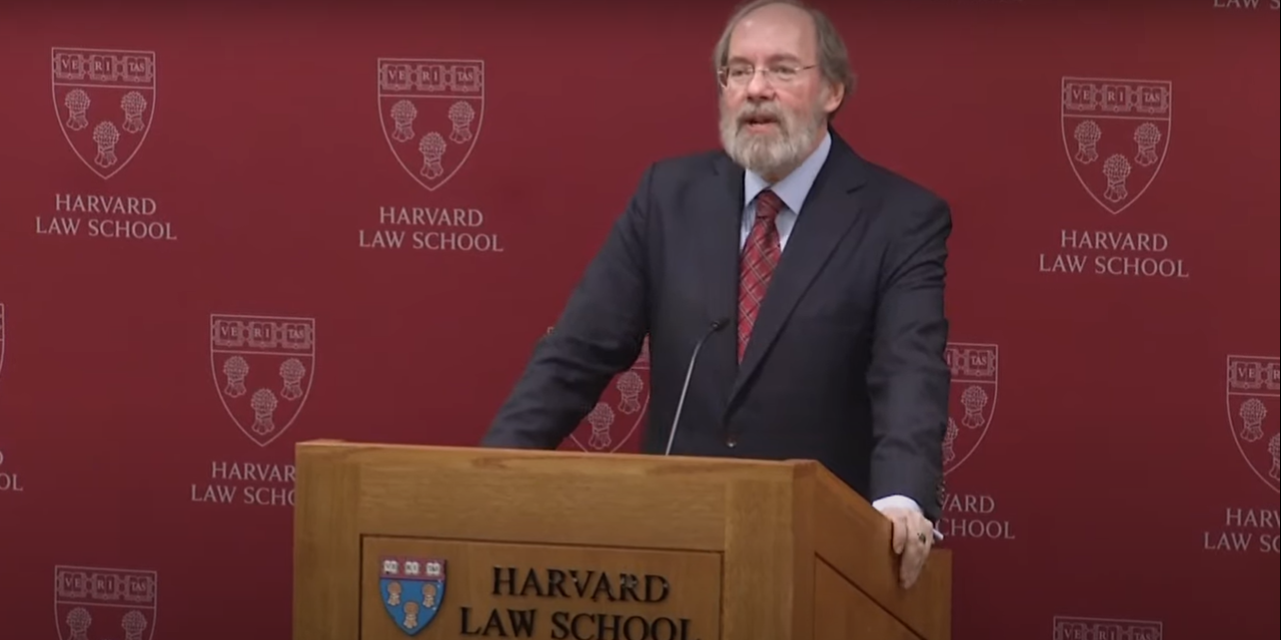CHICAGO (Legal Newsline) - Private lawyers who thought they could make millions of dollars by representing municipalities seeking to impose new fees on streaming video services lost again as the Seventh Circuit Court of Appeals affirmed the dismissal of a proposed class action by East St. Louis, Ill.
Saying Illinois law governing franchise fees on cable-TV services is perfectly clear, U.S. District Judge Frank Easterbook said there was no justification for East St. Louis to collect additional money from Netflix, Apple, Amazon, Disney and other streaming services. A victory for the city would have meant video consumers paid more for their service, with private lawyers collecting a piece of the money under contingency-fee contracts.
“If phone calls over landline cables, electricity over wires, and gas routed through pipes are not trespasses on the City’s land— and they are not—neither are the electrons that carry movies and other videos,” Easterbrook wrote in an Oct. 13 decision.
The decision adds to a string of losses by private lawyers – some of whom are heavy contributors to state and local political campaigns – who recruited cities like East St. Louis to pursue streaming video services to make up for declining revenue from traditional cable television franchise fees. East St. Louis was represented by Milberg, Coleman, Bryson, Phillips Grossman of Knoxville, Tenn.; Smouse & Mason of Annapolis, Md.; the Driscoll Law Firm of San Juan, Puerto Rico; and Chatham & Baricevic of Illinois.
The Eighth Circuit Court of Appeals last year upheld the dismissal of similar private-lawyer-driven litigation in Arkansas, as did a judge in Georgia.
East St. Louis lost before a federal magistrate judge in September 2022. On appeal, it argued video streaming services required franchise authorization from the Illinois Attorney General under the Cable and Video Competition Law, which applies to any “cable service or video service.” “Video service,” however, is defined under the law to exclude video provided by wireless carriers or programming provided as part of “service that enables users to access content, information, electronic mail, or other services offered over the public Internet.”
Illinois legislators modified the language in an amended version of the statute that goes into effect at the end of the year, adding “including Internet streaming content” to further protect the streaming services. East St. Louis agreed the new definition excludes Netflix and other defendants but argued the city was still due years of franchise fees under the old definition.
Not so, wrote Judge Easterbrook.
“It is hard to see a material difference between the two definitions,” he wrote. The addition of `including Internet streaming content’ makes pellucid what most readers of the older definition would have understood: content streamed over the Internet is outside the scope of this regulatory system.”
Noting how East St. Louis selected only popular streaming services to try and collect a 5% franchise fee, the judge said the city’s theory would necessarily include the New York Times, CNN, Major League Baseball and anyone else who streamed video content over the Internet.
